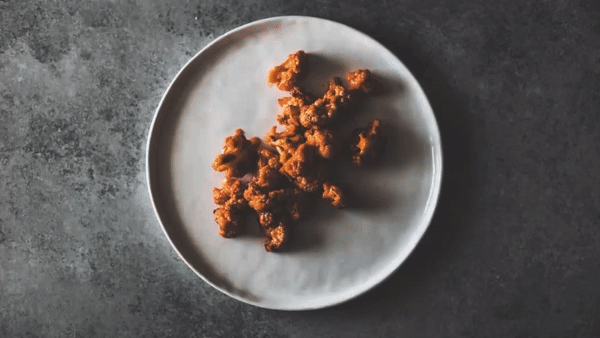Monday, 13 April 2020
Dark Kitchen Takeaway from Covid-19 Pandemic
Dark kitchens are fitted out in alleyways and off-site locations in a bid to feed Australia’s growing meal delivery economy during the Covid-19 pandemic.
For the past five years online meal delivery has grown by 76 per cent annually generating a predicted $872 million this year and over $1 billion in 2021.
According CBRE’s report Australian Online Meal Delivery & Dark Kitchens report this increased demand—pushed higher by Covid-19—has turned many hospitality retailers to dark kitchens as a low-cost alternative.
Dark kitchens typically serviced 20-30 restaurant brands and were operated out of warehouse spaces in the backstreets of high-density, inner-city areas where meal-delivery was in high demand.
CBRE report author James Giannarelli said dark kitchens were becoming increasingly popular worldwide following the uptake of delivery services.
“Another key advantage of dark kitchens, [is] the absence of rental fees—or where rental fees apply, running costs are minimised via monthly rental agreements, as opposed to multi-year lease terms,” Giannarelli said.
“While some contracts offer a potentially rent-free use of dark kitchens, delivery service providers are known to instead take a larger percentage of each sale that comes out of the dark kitchen. ”
The head of Victorian logistics and retail research said these spaces also gave hospitality retails the ability to market-test locales before signing up for a bricks and mortar lease.
There are more than 250 dark kitchens globally including two sites in Melbourne and one in Sydney which provide co-working spaces for restaurants and cafes for online delivery.
CBRE director of retail leasing Leif Olson said dark kitchens were either provided and managed by the delivery service provider or internally setup and managed by the restaurateurs themselves.
“An increasingly popular strategy for dark kitchen providers is to fit-out an array of 20 foot containers with commercial kitchen equipment,” Olson said.
A dark kitchen was set up by Deliveroo in Windsor, Victoria in 2017 in an alleyway behind Chapel Street, the site has been used by restaurants such as Kong, Messina and 8Bit.
The site, which includes two full-scale professional kitchens and a large waiting room with phone chargers and an order display screen for delivery riders, was built and fitted out by Deliveroo, then leased free-of-charge to restaurants and other brands.
In cases where the delivery services set up the site the restaurateurs paid no up front fee instead there was a higher commission fee on orders placed through the app.
Food delivery services such as Uber Eats and Deliveroo can take up to a 35 per cent cut from restaurants.
Similarly, the meal kit delivery market has also grown significantly with Marely Spoon’s revenue growing by 60 per cent in the 2019 financial year and 74 per cent in 2018.
Subscribe to:
Comments (Atom)










